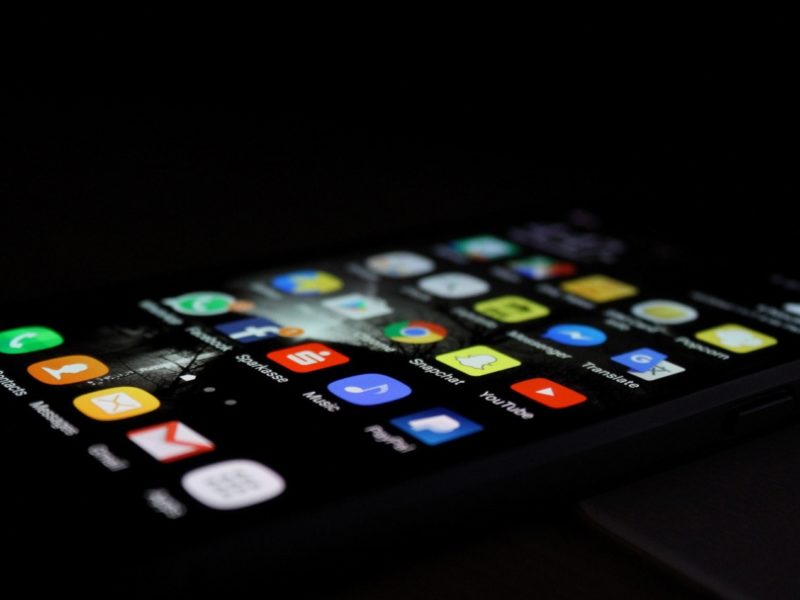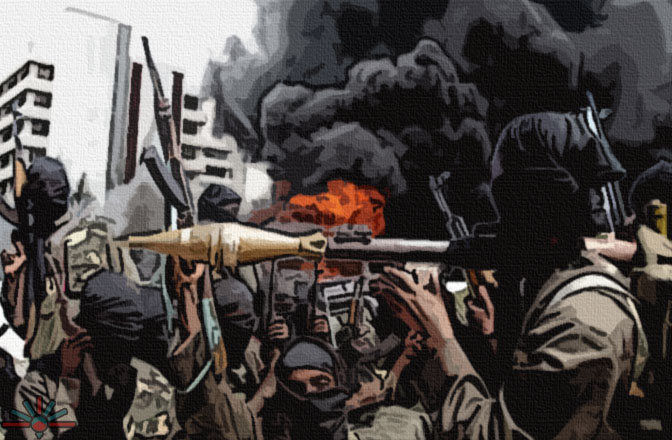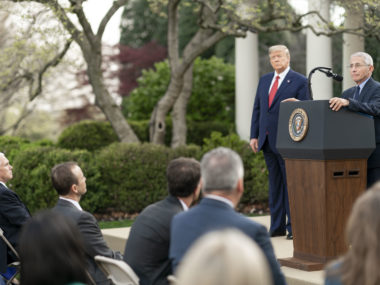Guest post by Tiberiu Dragu and Yonatan Lupu
In the early days of the ongoing war in Ukraine, the Russian government limited its residents’ access to social media platforms such as Twitter and Facebook. Part of the likely rationale for this was to limit Russians’ access to outside news and information, but another likely goal was to prevent Russians from coordinating anti-war and anti-regime protests. Social media tools, the same used by activists to mobilize protests during the Arab Spring and elsewhere, are now more difficult for Russians to access and use for similar efforts.
These events renew questions scholars have asked for decades: Do digital technologies—mobile apps, artificial intelligence, etc.—empower groups and individuals living under authoritarianism to challenge the state’s power? Or do these same technologies instead allow the state to tighten its grip on power, crushing organized opposition before it can pose a meaningful challenge to the state? Answering these questions is crucial not only for improving our understanding of the role of technology in state-society relations, but also because this issue has important implications for the survival of authoritarian regimes and the future of human rights.
In recently published research, we urge analysts to consider two things when thinking about these questions. When scholars and journalists write about human rights, most of our attention is usually focused on the most violent abuses such as mass killings and torture. Governments tend to use these tactics in reaction to activists who have already mobilized to challenge the power of the state. When we think about the effects of digital technology, we need to shift our attention toward preventive repression—the activities governments use to reduce the risk that opposition groups threaten governments’ power, including opposition efforts to mobilize and organize public dissent. To the extent that digital technology helps authoritarian regimes stay in power, it largely does so by preventing opposition groups from growing in the first place. Sometimes, the same tactic can be used to either react to or prevent dissent, but preventive repression usually involves less violent tactics like surveillance and censorship.
It is also important to think about how digital technology affects the interaction between governments and opposition groups, rather than thinking about how it facilitates each actor’s activities in isolation. Governments use preventive repression, facilitated by the latest technology, to make it more difficult for groups to mobilize against them—and the volume of resources they devote to these efforts is based on what they expect those groups to do. Likewise, those who wish to mobilize against a regime can use technology to do so, but they act in anticipation of the government’s actions.
In our research, we use game theory to analyze how digital technology affects the relationship between organized dissent, preventive repression, and authoritarian regime survival. The model generates several results that we think inform the debate.
One of our key findings is that, as digital technology continues to evolve and advance, we are likely to see authoritarian regimes increase the extent to which they practice preventive repression. These governments will anticipate some of the ways new technologies will facilitate mobilization, and redouble their own uses of these technologies to prevent such mobilization. We predict that authoritarians will become more effective at nipping protest movements in the bud, as the strategy of Paraguayan dictator Alfredo Stroessner has often been described.
In Egypt, for example, much was made about activists’ ability to coordinate on social media during the Arab Spring to bring down the Mubarak regime. Yet that regime was not particularly effective at using digital surveillance and censorship. The Sisi regime has learned from that and has implemented far-ranging preventive repression and internet surveillance. There has not been a protest movement in Egypt in 10 years that resembles the Arab Spring, and preventive repression may be part of the reason why.
Autocrats’ growing use digital technology to prevent repression also has important implications for the future of human rights. One of the most important findings in human rights scholarship over the past decade is that violations of physical integrity—violent abuses such as torture and killings—are on the decline globally. What explains this? One possibility is that norms against such abuses are more widely accepted. It might also be due to the implementation of legal prohibitions on torture and mass killings. Our research suggests an alternative explanation (although these explanations are not mutually exclusive): it may be that violent human rights abuses have declined partly because technology has enabled authoritarian regimes to prevent mass mobilization—the context in which violent abuses are most likely—from happening in the first place.
Consider the example of China, which has perhaps the most sophisticated system of digital preventive repression in the world. Although there have not been any recent mass atrocities in China in response to protests on the level of Tiananmen Square, this may be because the government is so effective at preventing mass mobilization in the first place. Across contemporary China, most protests are small-scale, with dozens or a few hundred people, do not have staying power, and are aimed at local-level officials rather than seeking regime change.
The effects of advances in digital technology are complex and counterintuitive. The hope—that the Internet and related technologies will bring ordinary people together to challenge autocratic governments—looks increasingly simplistic. Though still potentially a powerful tool for challenging the state, digital technology is increasingly and effectively being used by autocrats themselves.
Scholars, journalists, and policymakers should think carefully before making conclusions about the effects of innovation. When we see activists, for example, using a new technology to their advantage, we should be wary of drawing overly broad conclusions about the long-term effects of that technology. At times, governments are slower to learn how to use a new tool to their advantage, but once they do deploy it, they can often bring huge resources to bear in turning into a tool for repression.
Tiberiu Dragu is Associate Professor of Politics at New York University. Yonatan Lupu is Associate Professor of Political Science and International Affairs at George Washington University.








2 comments
Yon Lupu! Always poignant!
Yon Lupu! Always on point!